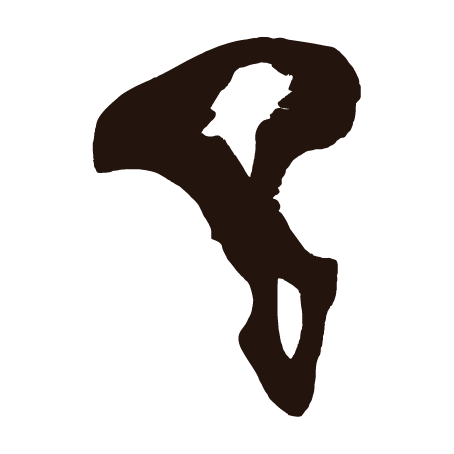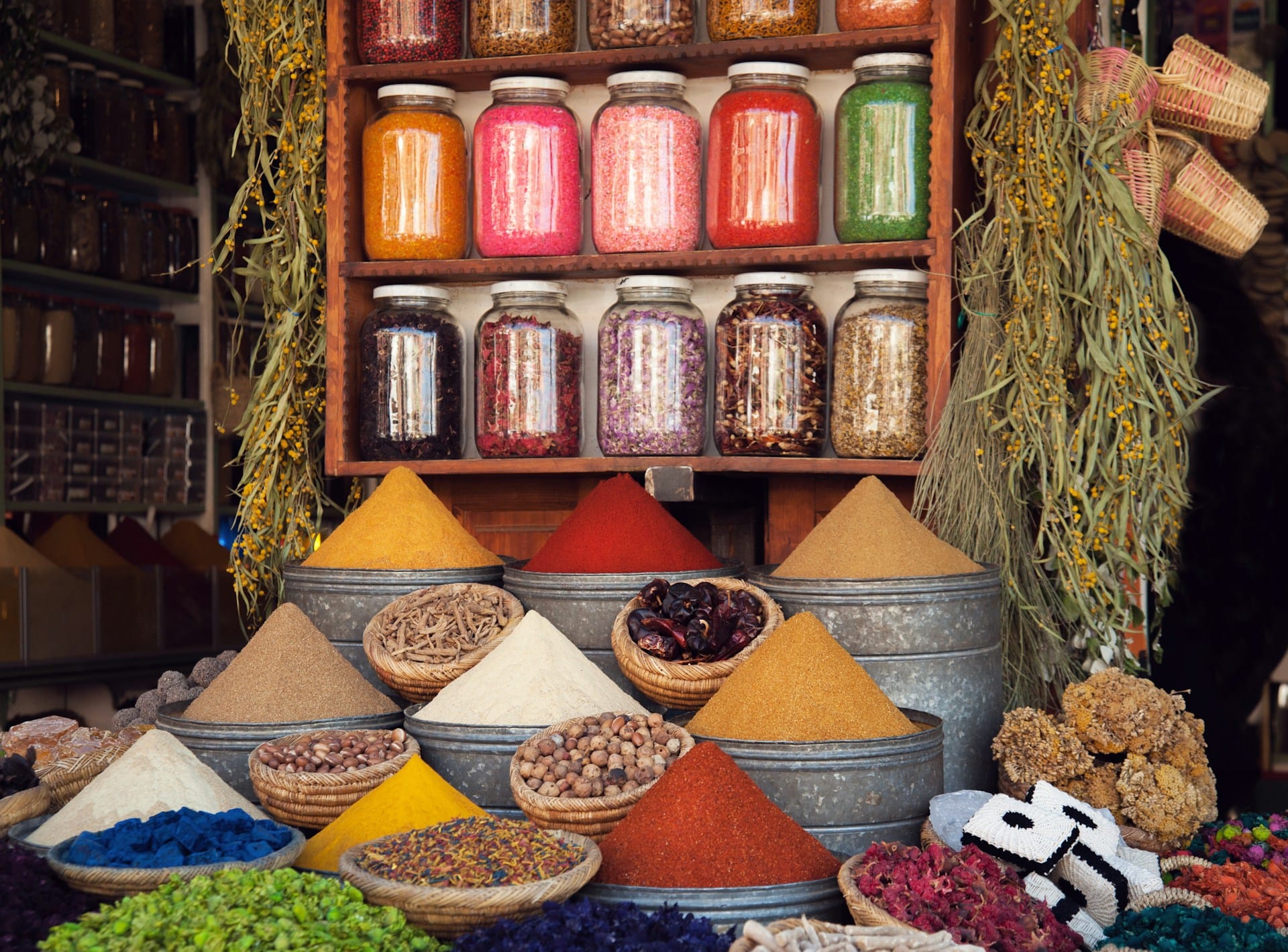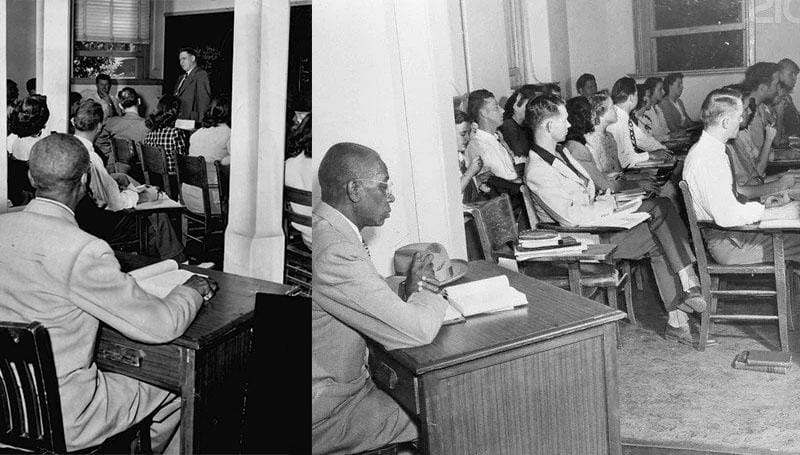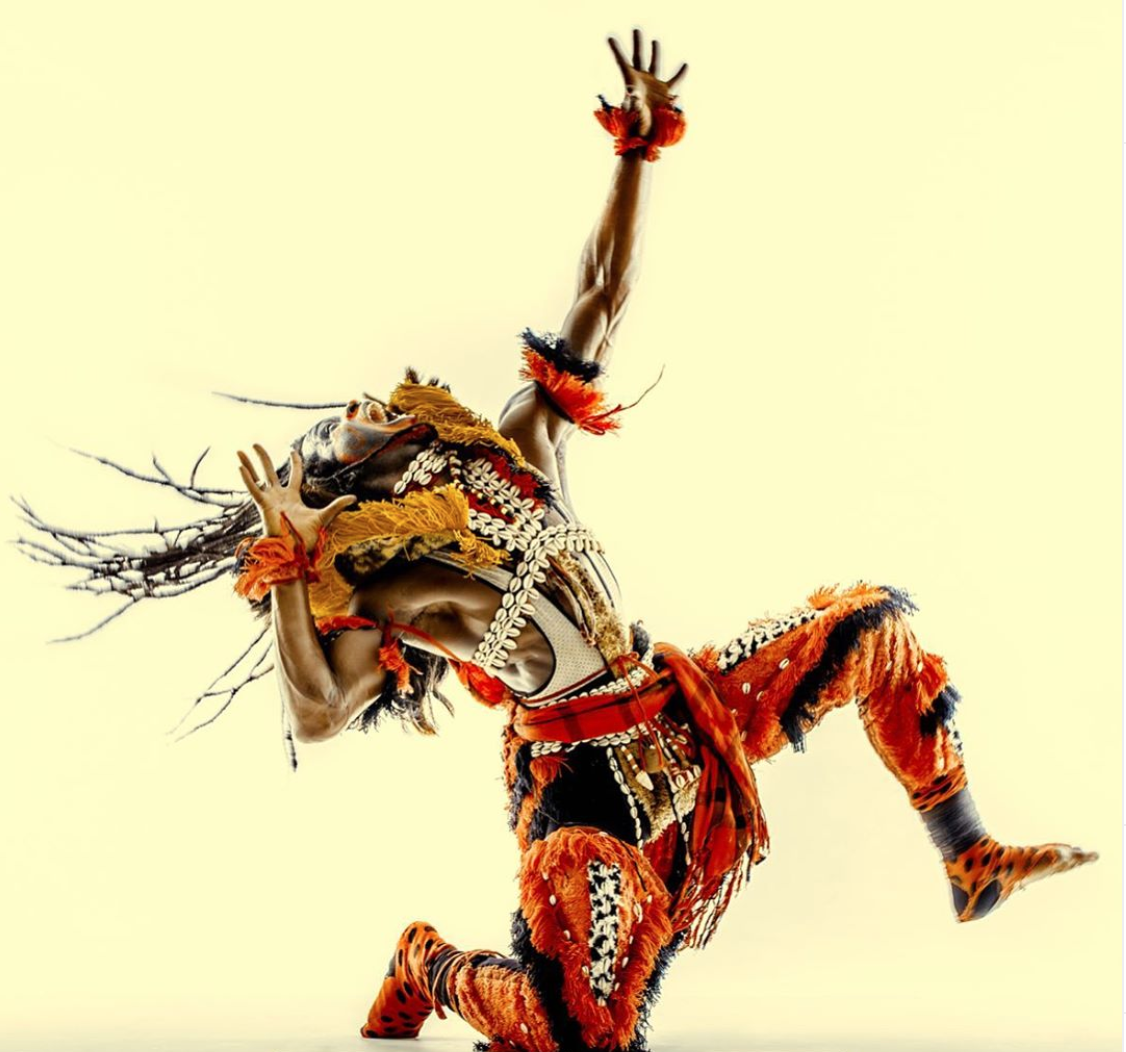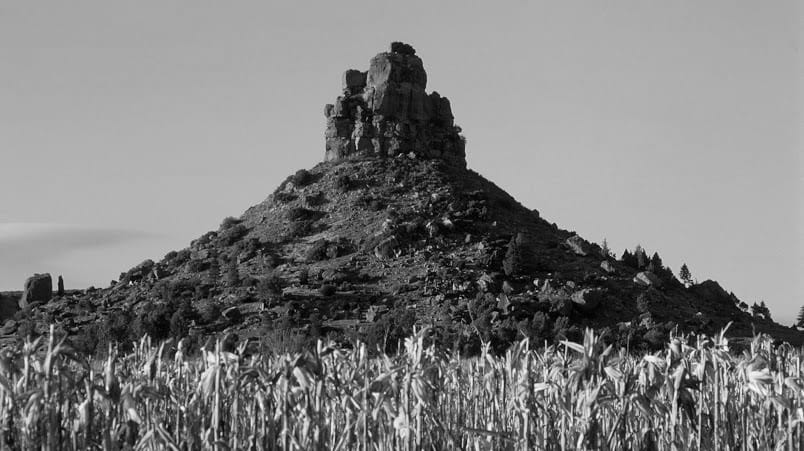Africa has a vast Ancestral knowledge to what it is regarded as traditional medicine, but nothing has documented. Dorcas Mashudu Lekganyane has actively used media platforms to educate the public about traditional medicine and its scientific backing. Her dream was to bridge the gap between traditional practices and modern science. She believed in African taking hold what is medicine or what is define medicine in Africa to establish pharmaceutical grounds where African manufacture our own medicine for our people.
The Mystery behind Muti - University of Johannesburg, A conversation between Dorcas Mashudu Lekganyane and Mkhulu Makhanyakude on unveiling the mystery behind muthi: Identifying bulbous and perennial plants traded at the Faraday Medicinal Market, Johannesburg, using DNA barcoding.
Imphepho – to cleanse the spirit
Inhlaba (Aloe Vera) – Medicine for Skin care
Snama – For don
Memeza – Medicie for Back Pain
Mhlonishwa – Medine for cleansing, Pick me up medicine.
Skanama – Medicine for urinary tract contractions,
Mkhando – A pick up medicine, works as enhancer (for attracting someone when you are siling)
Bay leave -
Unnena plant –Can be boiled and then applied to swollen body parts to decrease water retention. Both palm oil and palm wine were used for a variety of purposes. Palm wine could be mixed with boiled unnena plants to ease constipation, and ointments could be derived from pounding the plant’s leaves and mixing them with palm oil to treat sores and wounds. It was from the enslaved Africans that Smyth also procured a treatment for dysentery by pounding, drying, baking, and consuming the “pocumma plant.” Treatments for stomach aches, smallpox, worms, venereal disease, toothaches, scurvy and hemorrhaging were among the lengthy list of cures Smyth learned from West African experts. However, the names of the West African botanical and medical experts who informed the minister’s correspondence are absent from these accounts to the Royal Society.
Umhlonyane - Is commonly used by sangomas for a variety of reasons; to boost the immune system, for patients with illnesses that attack the respiratory system, among others.
This kind of revitalisation and mainstreaming of indigenous knowledge systems and epistemological pedagogies can undo challenges such as vaccine hesitancy and general distrust of biomedicine, while elevating African knowledge.
What is your thoughts?
